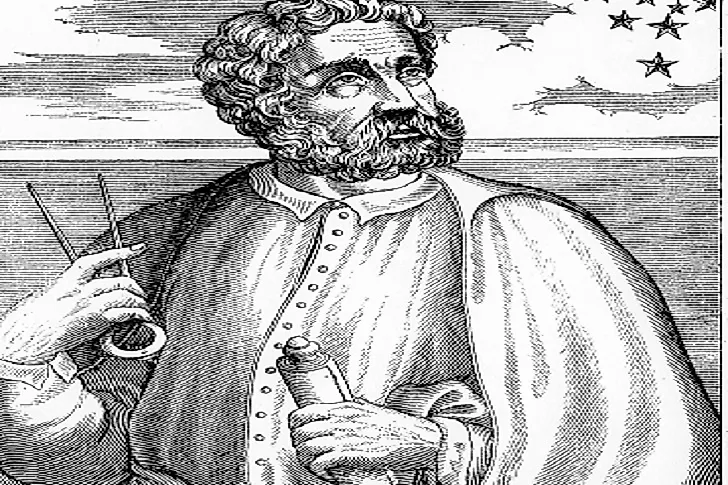Ferdinand Magellan - Explorers Of The World

5. Early Life
Ferdinand Magellan was born a member of a noble Portuguese family. However, the details of his birth record are not known, except that he was born around the year 1480. Growing up as a child, he served as one of the pages to the Queen of Portugal. Magellan's early education revolved around cartography and navigation. He avidly pursued these two interests in his youth, and excelled in these endeavors. He continued his education while serving in the Portuguese Fleet, which took him to the Far East. While in the Portuguese Navy, Magellan also improved his fighting skills and navigational techniques, the proficiency of which proved invaluably useful in his career to come.
4. Career
For Ferdinand Magellan, joining the Portuguese fleet was the beginning of one of the greatest life’s works of exploration the world has ever seen. The greatest turning point in his life and career happened in Morocco, after he was dismissed from his post due to being accused of conducting illegal business with the Moors in the region. This dismissal prompted him to sail for Seville, Spain, where some of the latest, greatest ships of the day were being built. In Seville, he met a prominent fellow Portuguese expatriate named Diogo Barbosa. Magellan confided to Barbosa concerning his plans to find a new route to the Moluccas. Believing in Magellan, Barbosa set up an appointment with King Charles I, who financed the pursuit of the bold idea. Magellan was now set to become a great explorer.
3. Discoveries
Although he did not make it back to Spain, Magellan's first and only expedition contributed much to the knowledge of ocean navigational techniques at that time. The date was August 10th, 1519 when Magellan set sail for the Moluccas with five ships. On the way, he explored the coastlines of what are now Brazil and Argentina. Magellan and his crew went through huge storms and hardships along the way but, finally, they discovered a small channel leading them straight into the Pacific Ocean. This narrow strait was later named the Strait of Magellan. This accomplishment facilitated the greater trip that would earn him the distinction of becoming the first explorer to circumnavigate the world.
2. Challenges
Magellan had many obstacles over the course of his career, but the whole time he saw only one thing, and that was to accomplish the goals he had set for himself. In his late twenties, while serving in the Portuguese Navy in Morocco, he was unfairly accused of conducting business with the Moors, which was against the Portuguese Navy's rules. The actions that followed were brilliant on his part, seeing him switch his allegiance to Spain to prove his worth, and this ultimately allowed him to realize his goals. Over the course of his explorations, Magellan was met with storms, mutinies, and hardships. Nonetheless, he faced it all with courage and determination to prove that he had the will to overcome them in order to meet his objectives.
1. Death and Legacy
Magellan was a courageous soldier and navigator, but he often underestimated his foes. He was struck down by a native who he was trying to convert to Christianity in the Philippines. On April 27th, 1521, Magellan died in Cebu in the Philippines. The rest of Magellan's fleet was either shipwrecked or burned through various circumstances following his death, and only one ship reached the Moluccas to secure a cargo of spices. Sebastian del Cano, who captained the Victoria, an aptly named ship, finally returned to Spain with only 18 crew members after three years and one month of sailing. Magellan's feats not only brought him fame, but also respect from the scientific community and the world at large, and is held in high esteem to this day.











